Discover how Vitamin E directly contributes to a healthier, more vibrant life, and see how Vitamin E manufacturers make it happen.
Vitamin E: At A Glance
Vitamin E is a crucial fat-soluble nutrient that our bodies need for proper functioning. Comprising a group of compounds known as tocopherols and tocotrienols, it acts as a potent antioxidant, protecting our cells from damage caused by free radicals.
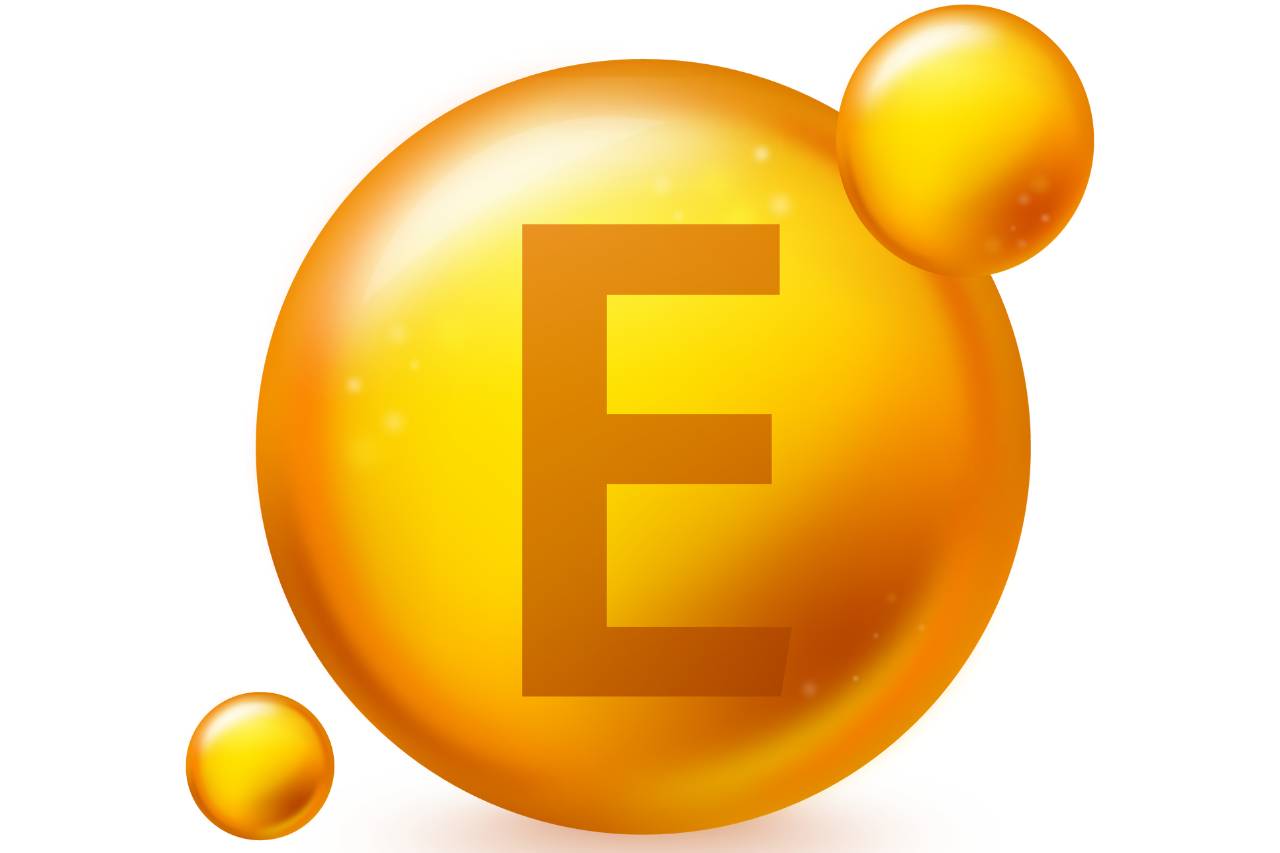
Functions:
- Antioxidant Shield: Vitamin E defends our cells against oxidative stress, aiding in the prevention of chronic diseases and supporting overall health.
- Immune Support: Vitamin E plays a role in maintaining a robust immune system, assisting the body in fighting off infections.
Recommended Amounts for using Vitamin E
The recommended amounts for using vitamin E depend on various factors such as age, sex, and individual health needs.
Infants
- For infants aged 0-6 months, the recommended intake is about 4 milligrams or 6 IU per day.
- Infants aged 7-12 months typically require around 5 milligrams or 7.5 IU daily.
Children
- Children aged 1-3 years need approximately 6 milligrams or 9 IU of vitamin E daily.
- Children aged 4-8 years should aim for about 7 milligrams or 10.4 IU per day.
Adolescents
- Adolescents aged 9-13 years can follow a daily intake of around 11 milligrams or 16.4 IU.
- For those aged 14-18 years, the recommended amount is 15 milligrams or 22.4 IU daily.
Adults
- Adults, both males and females, typically require about 15 milligrams or 22.4 IU per day.
Pregnant and Breastfeeding Women
- Pregnant women may have slightly increased requirements, with recommendations ranging from 15 to 19 milligrams or 22.4 to 28.5 IU per day.
- Breastfeeding women are advised to maintain higher levels, with recommendations of around 19 milligrams or 28.5 IU daily.
These recommendations are provided as general guidelines, and individual needs may vary based on factors like overall health and lifestyle. It’s always advisable to consult with a healthcare professional for personalized advice on vitamin E intake, ensuring a balanced and appropriate approach for different age groups.
Benefits of using Vitamin E
Vitamin E stands as a guardian within our bodies, promoting health from the cellular level to our skin’s surface. Here are some main benefits of using Vitamin E:

-
Antioxidant Defense
Vitamin E acts as a powerful antioxidant, shielding our cells from oxidative stress caused by free radicals. This defense mechanism helps prevent cellular damage and supports the body in maintaining optimal function.
-
Skin Health
Vitamin E promotes healthy skin by protecting it from environmental factors like UV rays and pollution. It also aids in maintaining skin elasticity, contributing to a youthful and vibrant appearance.
-
Heart Health
Vitamin E plays a role in cardiovascular well-being by preventing the oxidation of LDL cholesterol and reducing the risk of heart diseases. It supports overall heart function, contributing to a healthier cardiovascular system.
-
Immune Support
Contributes to a robust immune system, Vitamin E helps the body fend off infections and illnesses. Supports the body’s defense mechanisms, particularly important during times of increased susceptibility.
-
Muscle Function
Vitamin E is essential for maintaining proper muscle function and coordination. Deficiency in vitamin E may lead to muscle weakness and impaired physical performance.
-
Vision Protection
It also contributes to eye health by preventing oxidative damage to the cells of the eyes. Supports vision, reducing the risk of age-related macular degeneration and other eye conditions.
-
Scar Healing
Applied topically, vitamin E is known for aiding in the healing of scars and promoting skin repair. Its moisturizing properties can enhance skin texture and reduce the appearance of scars.
-
Neurological Support
Preliminary research suggests a potential role in cognitive function, Vitamin E offers neurological support. While more studies are needed, vitamin E’s impact on brain health is an area of growing interest.
How is vitamin E manufactured?
Let’s explore the precise process behind crafting this essential nutrient for diverse applications, supporting our health and well-being.
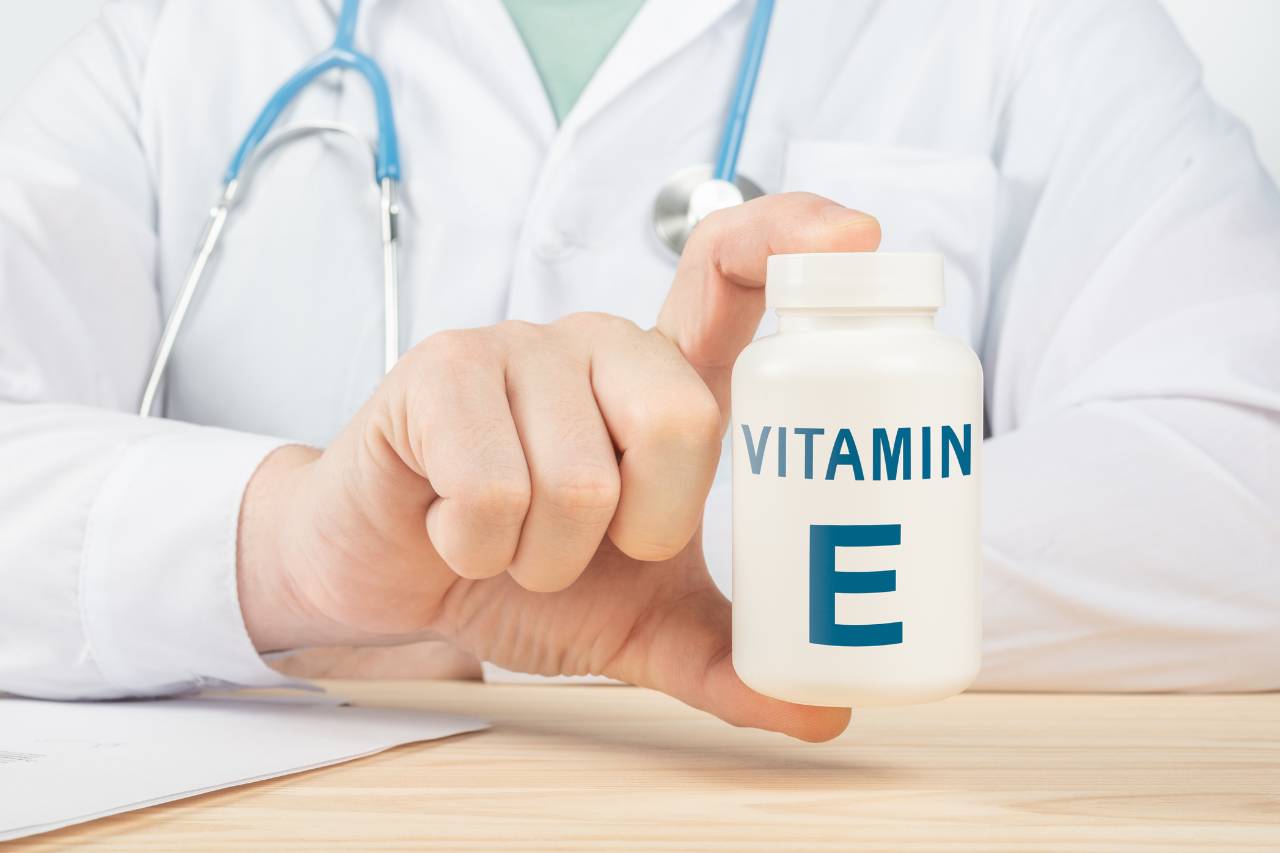
Raw Material Extraction
Begin by obtaining vitamin E-rich raw materials from natural sources like soybeans or sunflower seeds. These materials contain the vitamin in its natural form.
Oil Refinement
Extract the oil from the raw materials and refine it to remove impurities. This refining process ensures that the oil is clean and ready for the extraction of vitamin E.
Distillation and Isolation
This process involves heating the oil to create vapors and then cooling them to isolate the specific fraction containing vitamin E.
Esterification and Purification
Subject the isolated vitamin E to esterification, a chemical process where it reacts with alcohol to form tocopheryl acetate. This esterified form enhances stability and shelf life. The resulting product is then purified to remove any remaining impurities.
Conversion and Quality Control
Depending on its intended use, convert the purified vitamin E into different forms. For instance, it may be turned into alpha-tocopherol for dietary supplements. Throughout the process, strict quality control measures are implemented, involving tests for purity, potency, and adherence to regulatory standards.
Packaging and Distribution
Package the final vitamin E product carefully to protect it from environmental factors that might affect its quality. Once packaged, distribute the product to various industries, such as supplement manufacturers, cosmetics producers, or food processors.
>>See more: Vitamin K Manufacturer in the UK
Good Sources of Vitamin E
Vitamin E can be found in a range of natural sources, providing diverse options to enhance our nutritional intake.
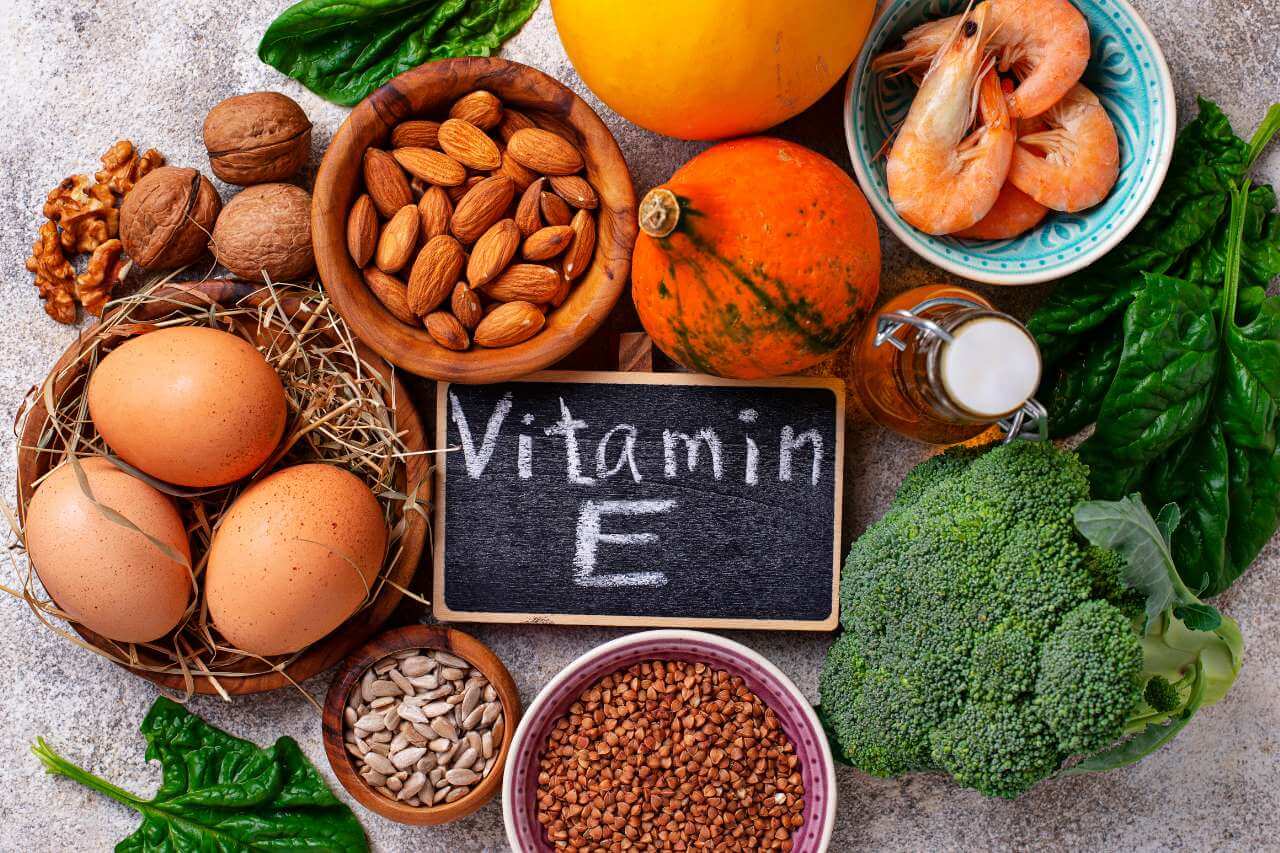
Nuts and Seeds
- Almonds: Stand out as a nutritional powerhouse, providing a substantial amount of vitamin E. A handful of almonds can contribute significantly to your daily intake.
- Sunflower Seeds: These tiny kernels basked in sunlight offer another excellent source of vitamin E, making them a convenient and nutritious snack.
Vegetable Oils
- Sunflower Oil: Widely used in cooking, sunflower oil is not only versatile but also a rich source of vitamin E, adding nutritional value to various dishes.
- Wheat Germ Oil: Known for its high vitamin E content, wheat germ oil is a liquid source that can be incorporated into salads or drizzled over meals.
Leafy Greens
- Spinach: Among the leafy greens, spinach stands out for its contribution to vitamin E. Including spinach in salads, smoothies, or cooked dishes adds a healthy dose to your diet.
These diverse sources of vitamin E offer flexibility in incorporating this essential nutrient into your meals, ensuring a well-rounded approach to meeting your nutritional requirements.
What Effects If Lacking of Vitamin E?
Here is what will happen if your body doesn’t get enough vitamin E:

- Muscle Weakness: A lack of vitamin E may lead to muscle weakness and coordination issues, affecting overall physical performance.
- Vision Problems: Deficiency can impact eye health, potentially causing vision problems and increasing the risk of eye conditions.
Caution:
- Supplementation Consideration:
While vitamin E supplements can be beneficial, it’s important not to exceed recommended doses, as excessive intake may have adverse effects.
- Consultation with Healthcare Providers:
Individuals with certain medical conditions or taking specific medications should consult healthcare professionals before starting vitamin E supplementation.
Being aware of these deficiency signs and approaching vitamin E supplementation with caution fosters a balanced and informed approach to maintaining optimal health.
Is Vitamin E Safe?
Vitamin E is generally considered safe when consumed within recommended levels through a balanced diet or supplements. However, it’s important to be mindful of the following:
Moderation in Supplementation
While vitamin E is essential for health, excessive supplementation can lead to adverse effects. It’s advisable to follow recommended daily allowances and consult healthcare professionals before taking high-dose supplements.
Individual Health Considerations
Individuals with specific medical conditions or those taking certain medications should consult with healthcare providers before starting vitamin E supplementation to ensure compatibility with their health needs.
By incorporating vitamin E through natural food sources and following guidelines, it can be safely integrated into a healthy lifestyle.
Side effects of vitamin E
While vitamin E is generally safe when obtained from food, taking too much through supplements can cause some issues. Here are the potential side effects:
- Stomach Problems: Too much vitamin E from supplements can lead to stomach issues like feeling sick, diarrhea, or cramps.
- Bleeding Risk: Taking a lot of vitamin E, especially in supplements, can make blood clot less easily, increasing the chance of bleeding. This is a concern if you’re already taking medications that thin your blood.
- Hemorrhage Risk: If you take extremely high doses of vitamin E for a long time, it might raise the risk of bleeding inside your body, especially if you have a condition that makes you bleed easily.
- Interaction with Medications: Vitamin E supplements might interfere with how some medications work, so it’s important to talk to your doctor if you’re taking medicines regularly.
- Risk of Certain Health Issues: Some studies suggest that taking too much vitamin E over a long time might be linked to some health problems. So, it’s important not to overdo it.
Remember, these concerns mostly apply to supplements, not to the vitamin E you get from your regular meals. Following recommended guidelines and talking to your healthcare provider can help you use vitamin E safely.
Uksupplementmanufacturer.com – The most reputable for producing vitamin E
Visit Uksupplementmanufacturer.com, a trusted source for top-quality vitamin E production. Based in the UK, our company is a leading contract manufacturer and R&D expert in nutritional food supplements. Our specialization lies in creating cutting-edge supplements tailored to personal health, lifestyle, wellness, beauty, and sports nutrition. With a commitment to excellence, we offer bespoke and private-label supplement products, ensuring the highest standards in the industry. If you’re looking for a reliable partner in vitamin E manufacturing, Uksupplementmanufacturer.com stands out for our dedication to quality and innovation.
Wrapping Up
Exploring Vitamin E wouldn’t be complete without acknowledging the pivotal role played by reputable manufacturers. Choosing a trusted Vitamin E manufacturer ensures the quality and effectiveness of this essential nutrient in supplements, cosmetics, and various health products.
Vitamin E manufacturer: FAQs
How long does it take for vitamin E to be effective?
The effectiveness of vitamin E varies based on factors such as dosage, individual health, and the specific health concern being addressed. While some people may experience benefits within weeks, others might require several months of consistent intake. It’s advisable to consult with a healthcare professional to determine a personalized timeline for optimal results.
How do you manufacture vitamin E?
Vitamin E is manufactured through a detailed process that involves extracting rich sources, refining oils, distilling and isolating the vitamin fraction, esterification, purification, conversion to various forms, and rigorous quality control. Manufacturers like DSM play a significant role in this process, ensuring the production of high-quality vitamin E for use in supplements, cosmetics, and various health products.
Is there a limit for vitamin E?
Yes, there are recommended daily allowances for vitamin E intake. For adults, it typically ranges around 15 mg (22.4 IU) per day. While vitamin E is essential for health, it’s crucial not to exceed these limits, as excessive intake through supplements can lead to potential adverse effects, including digestive issues and an increased risk of bleeding.
How to tell the difference between natural vitamin E and synthetic?
Distinguishing between natural and synthetic vitamin E can be challenging without scrutinizing product labels. Natural vitamin E is labeled as “d-alpha-tocopherol” or “d-alpha-tocopheryl acetate,” while synthetic forms are labeled as “dl-alpha-tocopherol” or “dl-alpha-tocopheryl acetate.” The prefix “dl-” indicates a synthetic source, while the absence of “l-” denotes a natural form. Careful examination of ingredient lists ensures you’re aware of the source when choosing vitamin E supplements.

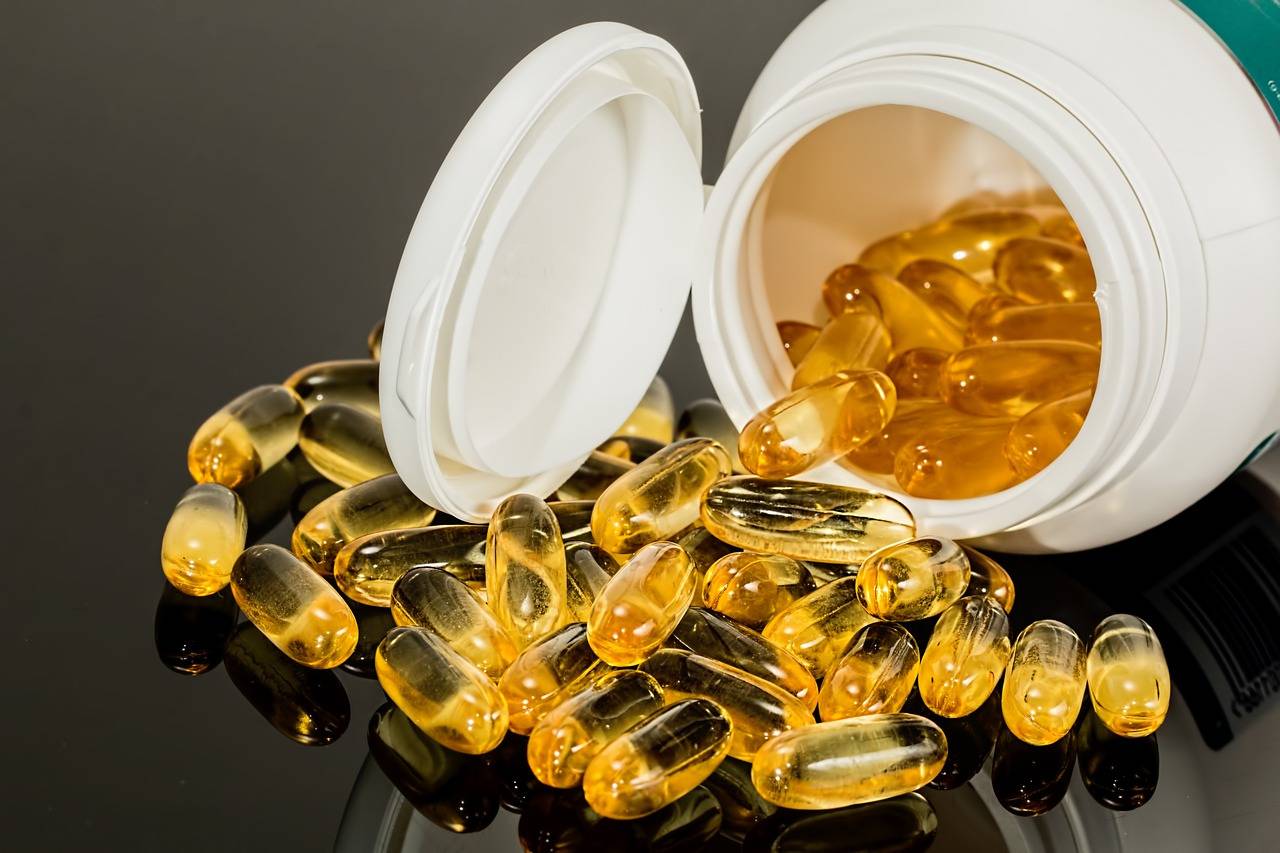
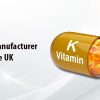
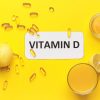
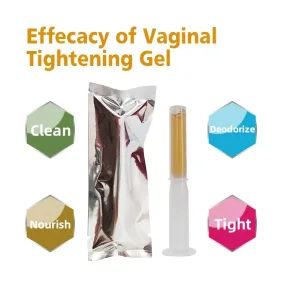
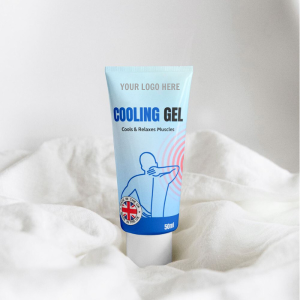
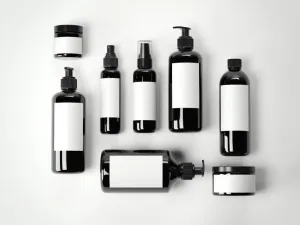
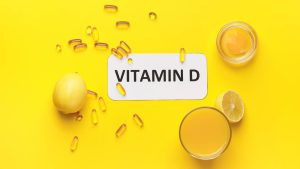
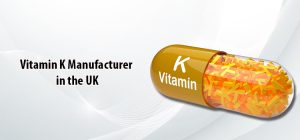


One comment on “Vitamin E Manufacturer: Unlocking the Secret to Youthful Skin”
Pingback:
Vitamin D Manufacturer's Journey: From Lab to Lifestyle - UK Supplement Manufacturer